 Are you facing overwhelming adversity? How can you tap into God’s strength amid such challenges?
Are you facing overwhelming adversity? How can you tap into God’s strength amid such challenges?
Let’s turn back the pages of time to more than 1,000 years before Christ. King Saul of Israel was on the brink of disaster. He had chased the young warrior, David (whom he felt threatened by), out of the country. Six hundred men had gathered around this young warrior while he was hiding from King Saul. For a year and four months they stayed in the city of Ziklag, which was in the land of the Philistines. Having built new relationships and new loyalties, David and his men agreed to help the Philistine ruler in their battle against King Saul and the Israelites. Together they began to march out to the battlefield. However, the Philistine commanders objected so strongly that they compelled their leader to send David and his men home to Ziklag.
In 1 Samuel 30:1-10, we join David and his 600 men returning from the front lines to discover their hometown, Ziklag, was destroyed by fire and their families were taken captive.
Would you please take a few minutes to read this passage?
David had reached one of the darkest hours of his life as his men were talking about stoning him. How did David respond in such a difficult time?
David felt the pain. From our vantage point it might seem relatively humane that the Amalekites didn’t kill the women and children of Ziklag. However, it was common in those days to kill the men and take the women and children as slaves. All the men had gone to war, so only their families were left to be taken captive by the Amalekites.
David knew that his men were upset. The text doesn’t tell us if someone came and told David what the men were saying, or if he overheard them talking amongst themselves. We can’t always do what others want us to do; but if we’re going to influence people, we need to watch and listen to them.
David understood why his men were upset. They concluded that David was to blame. As a result, they made him the scapegoat for this tragedy. We can watch and listen more compassionately when we remember that hurting people sometimes hurt others.
David acknowledged his feelings. He was greatly distressed. What did he do with the pain he felt?
David turned to God. It would have been natural for David to open the door to self-pity. While feeling sorry for himself, he could have complained to God, “Why are the men blaming me? This tragedy is not my fault!”
We can wear self-pity like our favourite shirt. However, like any shirt that we might wear day after day, it can start to stink. God and people don’t want to be around someone who wallows in self-pity. The more room that “self” occupies in our thoughts, the less space for the Lord and others.
David made an important decision amid personal tragedy and possible mutiny. He chose to find strength in the Lord his God. David had been cultivating intimacy with God for years, so this warrior instinctively turned to the Lord here. I believe he sang songs of praise and worship just as he had when he tended to his father’s sheep when he was a boy.
David had asked for the ephod when he inquired of the Lord (1 Samuel 23:9-13) about a year-and-a-half earlier. The ephod was a garment typically worn by the high priest, but there are Biblical examples of other people wearing a linen ephod as they inquired of the Lord or served in His presence. David travelled with the ephod, readily available, because He relied upon hearing from God as he made decisions and provided leadership for his people.
We don’t need to wear a “literal” ephod like David did that day, but we can choose to turn to the Lord for strength, encouragement and direction.
David took decisive action. Once David knew what he needed to do, he did it. He could have talked to others and even spent more time in prayer. As strange as this may sound, prayer can sometimes mask doubt and disobedience. There is a big difference between knowing what to do and doing what you know.
David rallied the troops and faced the problem squarely. Since Ziklag had been looted and burned to the ground, they had neither food nor lodging to refresh them. David knew they had to act swiftly. David showed great compassion and understanding toward his men by graciously allowing 200 of them to stay behind and rest. At the same time, he and the other 400 men pursued the Amalekites and rescued their families. David could have been harsh and impatient with these 200 men without inner strength from God. Frustration with other people is a reliable sign that we have lost focus on the Lord.
Is God calling you to rest? Then rest without guilt.
Is God calling you to lead or rally around your leader with decisive action? Then do it.
When the going gets tough, we can turn to God for inner strength.

Allan Pole
CESLM President
al@eslcooperative.ca



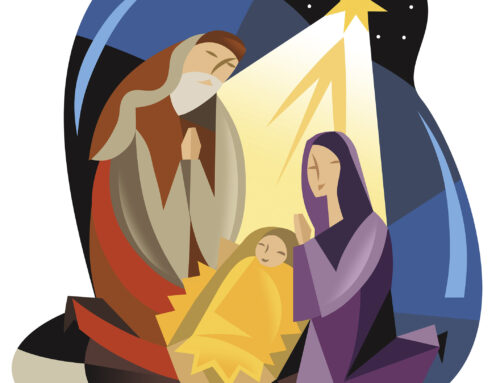








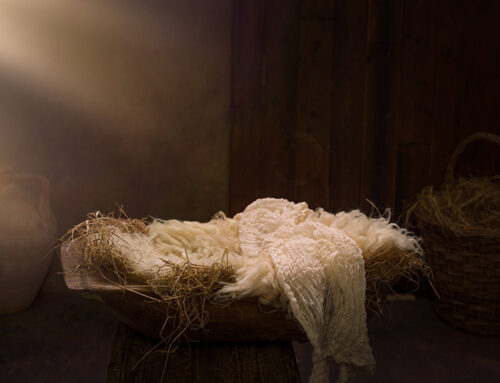







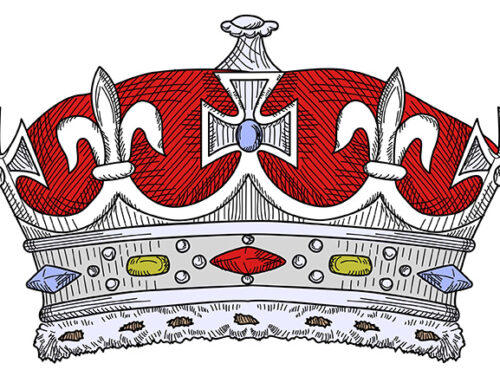













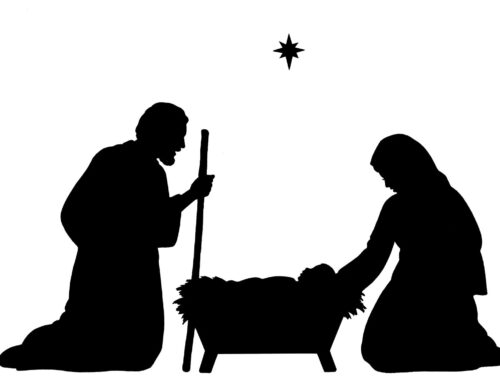







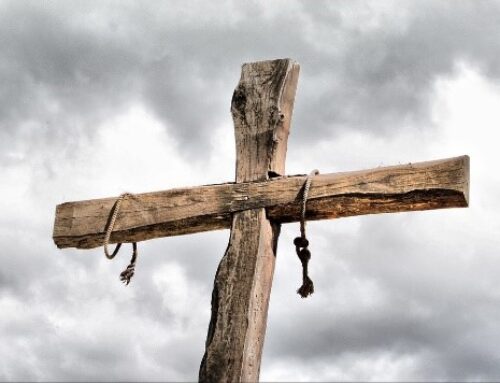









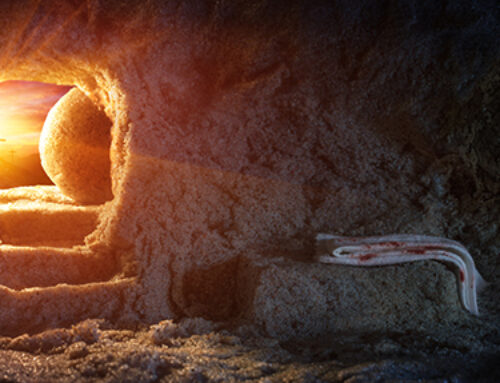



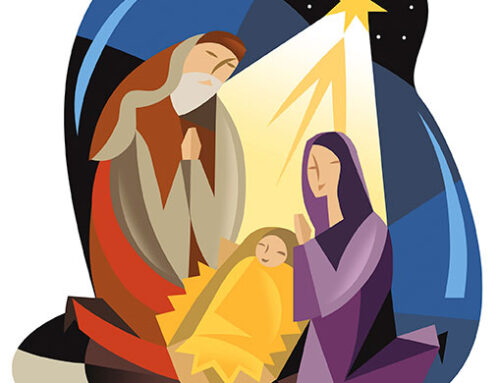





Wow! So many things that have been true for me lately, thank you!